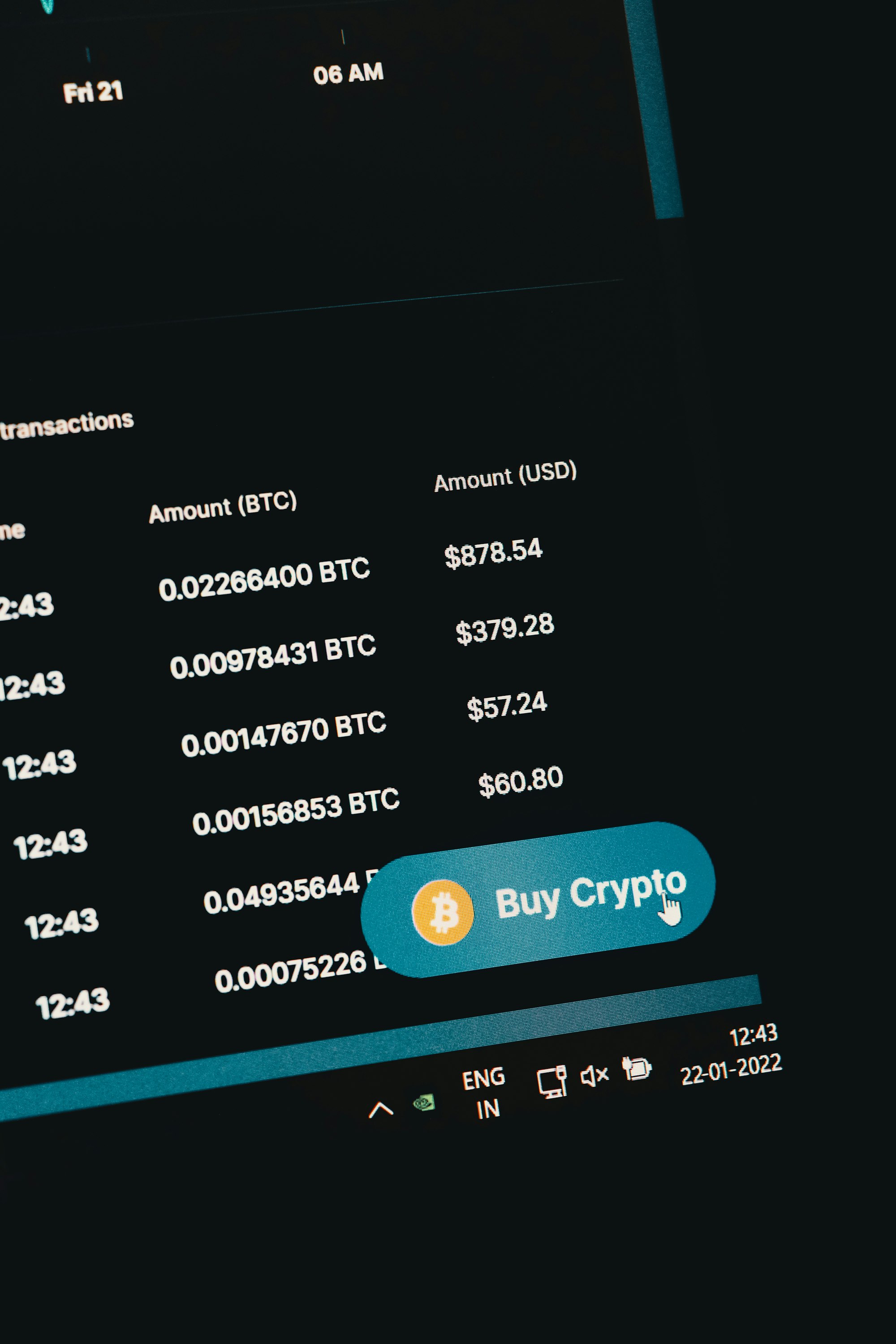Cryptocurrency wallets are digital tools that allow users to store, send, and receive digital currencies like Bitcoin, Ethereum, and other cryptocurrencies. They come in various forms, including software wallets (desktop, online, or mobile), hardware wallets (physical devices), and paper wallets (printed QR codes). Wallets don't actually store the physical coins but the cryptographic keys—private and public keys—necessary to access and manage these digital assets on the blockchain.
A key aspect of crypto wallets is their emphasis on security. Private keys stored in a wallet are what grant a user access to their funds on the blockchain, making the security of the wallet paramount. Hardware wallets are considered the most secure type since they store the private keys offline, reducing the risk of hacking. Software wallets offer convenience and ease of use, especially for those actively trading or using cryptocurrencies for daily transactions. Users must carefully choose their wallets based on their specific needs, balancing factors like security, convenience, and control over their digital assets.
Wallets on Colony

Before building a Colony, you will need to have access to a cryptocurrency wallet. If you do not have a wallet, find instructions to get one here. Wallets can be used to add tokens to your DAO's treasury, claim funds, and receive payments.
Join the Colony Community
Stay connected and dive deeper into the world of on-chain organizations with Colony. For the latest updates, insights, and discussions, follow us on our community channels:
- Website: Visit our website
- Twitter: Follow us on Twitter
- Discord: Join our Discord community
- Github: Find Colony on Github
Together, let's build the future of decentralized collaboration.